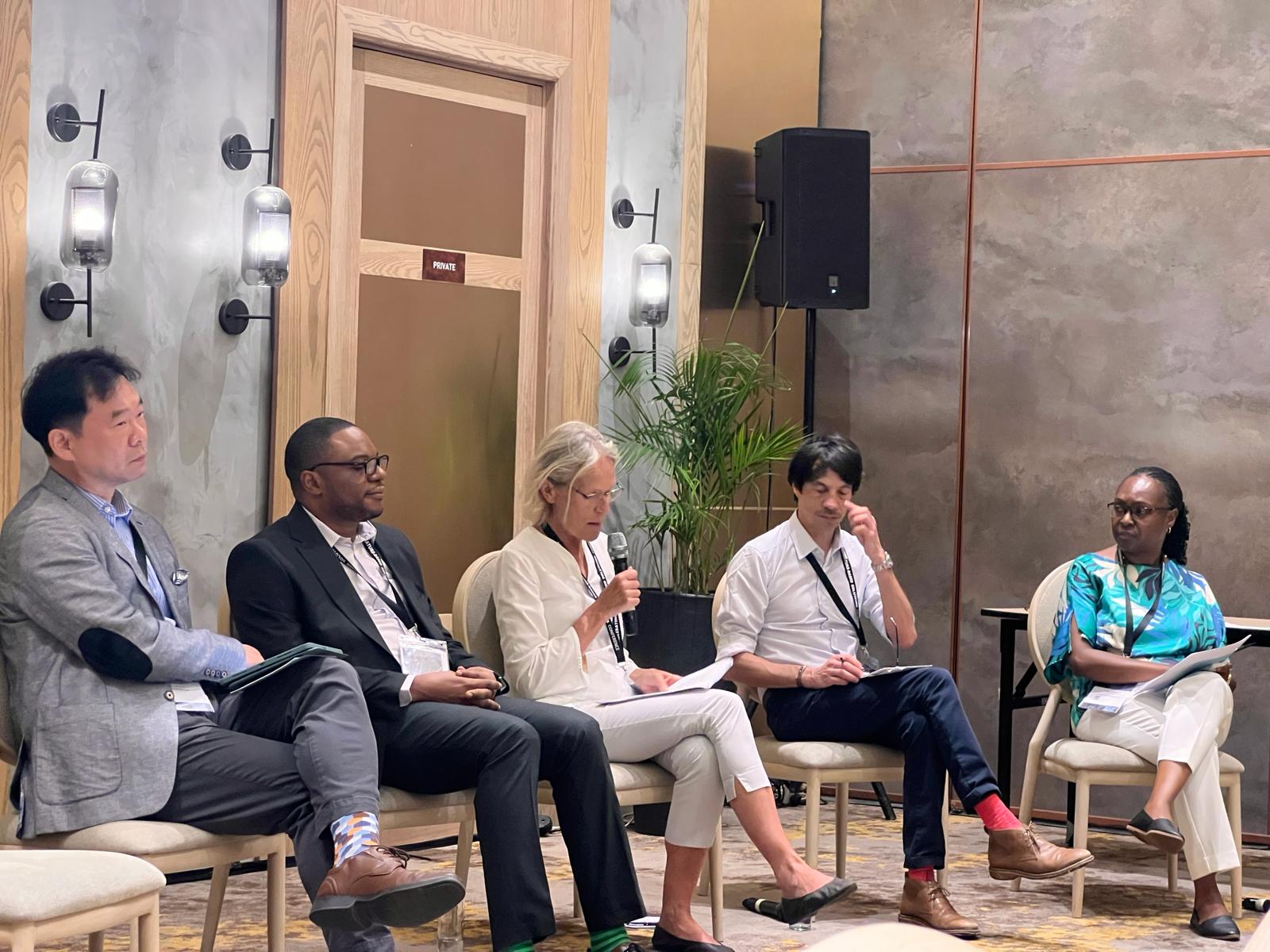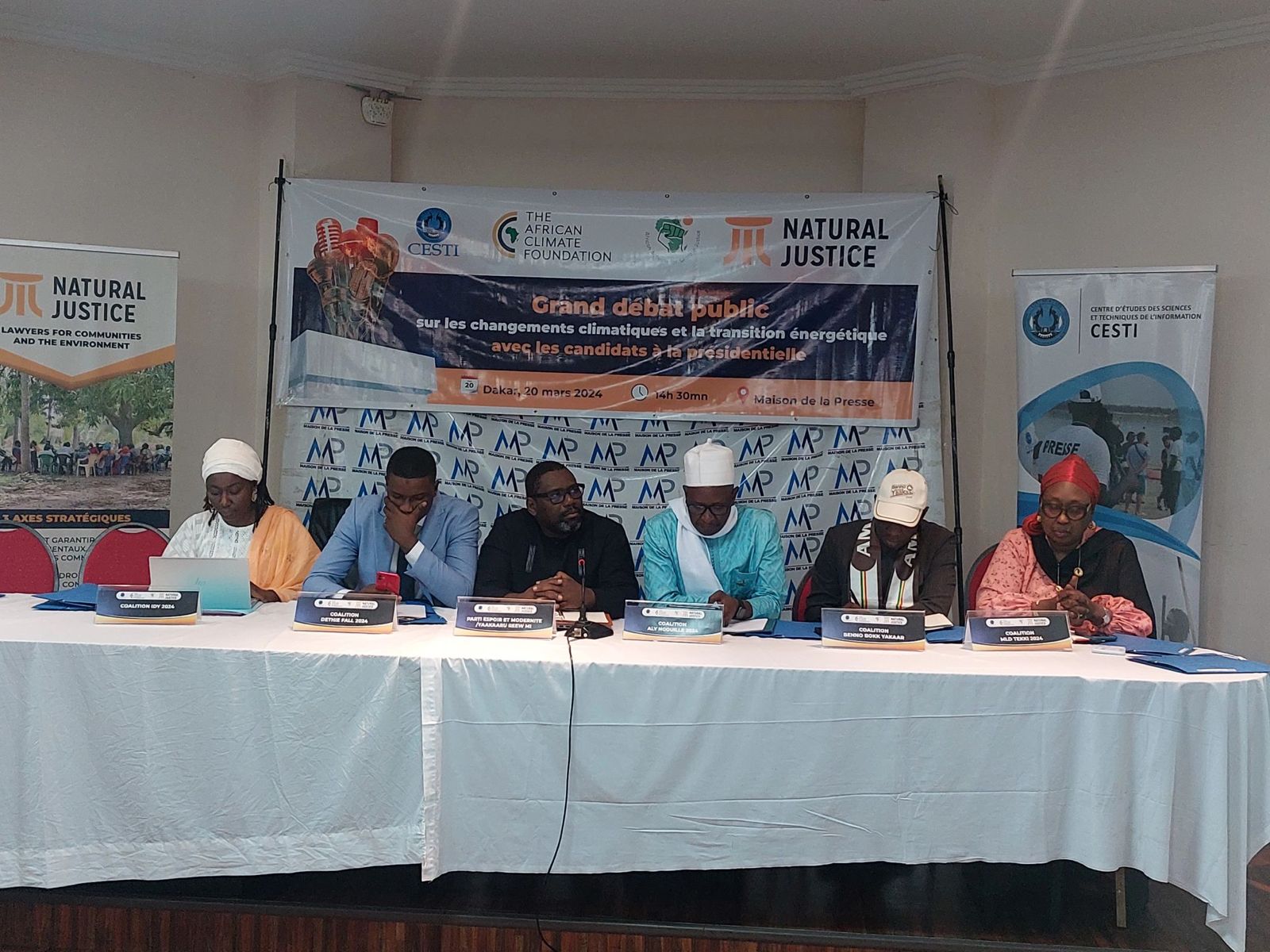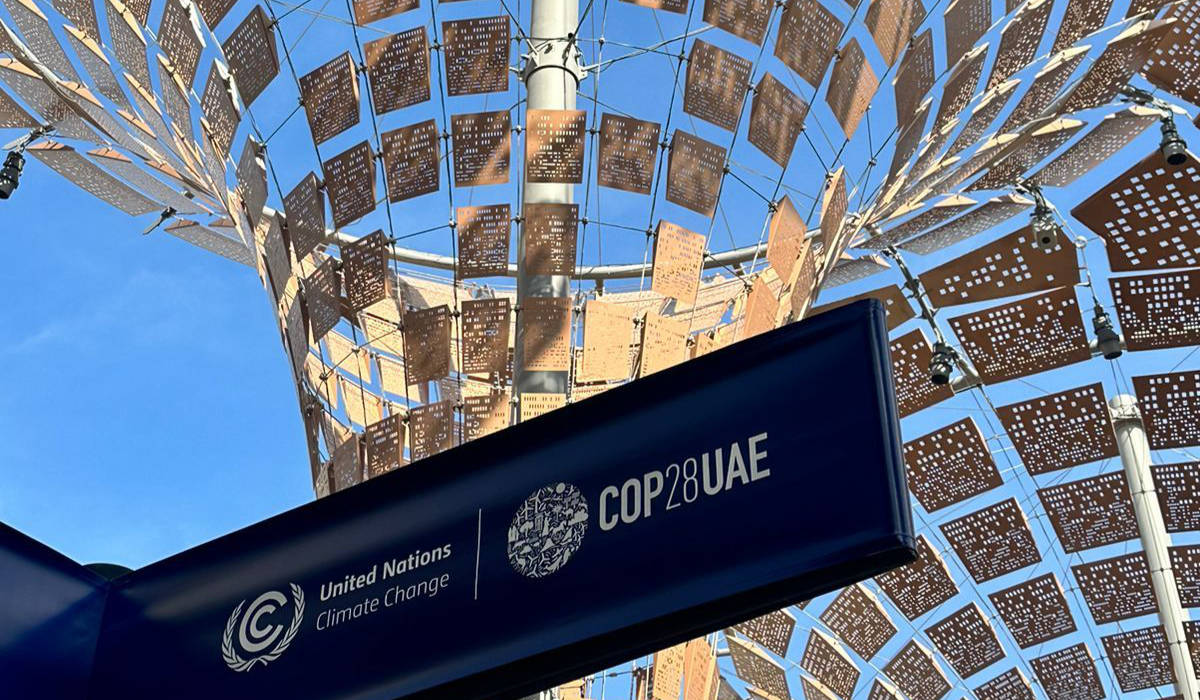Part 1: Inside the fight for climate change: Why vulnerable countries are demanding climate culprits pay up
This year’s climate talks in Glasgow have seen the loss and damage issue move to the forefront, as delegates from vulnerable countries demand compensation for harm they can now directly link to wealthy countries’ emissions.
Pacific island nations are among those most at risk from climate change, and they are also some of the most vocal in negotiations involving some form of compensation from the nations they see as responsible for threatening their livelihoods.
In a speech streamed at the climate talks on Tuesday, Tuvalu’s foreign minister Simon Kofe was dressed in a suit and tie at a lectern in the water, the legs of his pants rolled up to his knees as he stood on what used to be dry land.
“We want the big emitters to take action in addressing climate change,” he said. “Look at the global well-being and recognise that we live in an interconnected world. Things you do on one side of the world have an impact on all of us.”
Waters around the Pacific island, whose highest point is just 4.5 metres above sea level, are rising about 0.5 centimetres a year – faster than the global average. Like many of its neighbours, Tuvalu is warning that without global action its land will almost certainly be submerged entirely.
Essentially, loss and damage means financial, technical and other assistance from wealthy countries to developing nations.
Tuvalu is part of a negotiating bloc that has been demanding an outcome on this issue for decades. A mechanism for addressing the problem wasn’t established until a 2013 meeting in Warsaw. But the issue was essentially excluded from the Paris Agreement. Six years later, at COP25, negotiators agreed to establish a network that would deliver technical assistance to countries in need, called the Santiago Network on Loss and Damage. As a result, loss and damage is now a critical part of negotiations, but climate activists are demanding firm progress on the issue.
South Africa’s official position at the talks includes a stronger push for loss and damage compensation.
Climate law experts warned this week that a failure to help developing nations cope with climate change could create a threat of legal liability to developed countries such as the US and the EU.
The experts said developing nations seeking loss and damage could use some principles of international law to make a case that wealthy countries, who are essentially responsible for climate change due to their industrialisation in the previous century, had a responsibility to prevent climate loss and damage to those vulnerable countries. And if that responsibility wasn’t met, there was a responsibility of restitution.
Developing countries have borne the brunt of the devastating impacts of climate change. Because action to stop global warming has been slow, the effects of climate change are already being felt, and losses and damages are increasing.
For many vulnerable countries climate change is now not a distant issue anymore as they experience dramatic losses and damages in a climate crisis that was not of their own making.
The problem is that wealthy countries are loath to admit any blame because of the lawsuits they could face in the future if a country such as Tuvalu were to vanish. Thus the negotiations become a game in which wealthier countries try to establish some vehicle of compensation without actually saying mea culpa.
At the 2015 Paris climate summit, countries signed an agreement on loss and damage that many labeled as weak. Developed countries pushed to include language that specified it did not “provide a basis for any liability”. The fear is that they would have to pay up every time a disaster hit.
Read part two here.



